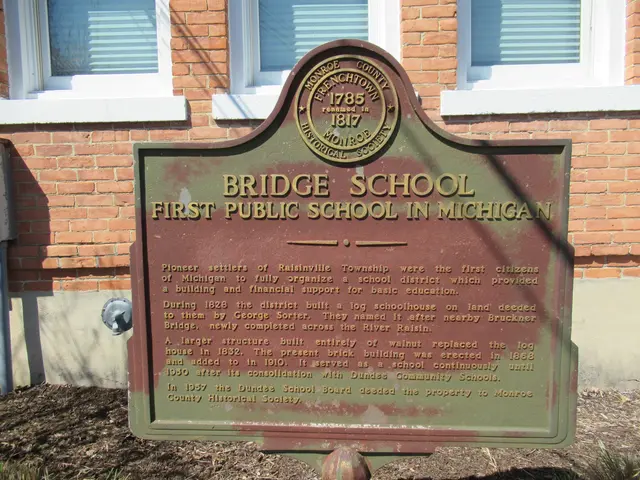Yale’s AI Tool Aims to Close the Justice Gap for Low-Income Americans
A new AI tool is being developed to help bridge the gap in legal services for low-income Americans. Research shows that 92% of civil legal problems faced by this group go unresolved due to lack of assistance. The AI Lab at Yale University is now working on a solution that combines logic-based systems with large-language models to improve accuracy and accessibility.
The AI Lab’s approach translates complex legal documents into first-order logic—a structured format using variables and Boolean operators. This process is fast, taking just 30 seconds for lengthy texts like the Foreign Intelligence Surveillance Act. Users can then ask specific legal questions, which the model converts into logical statements before verifying them with a theorem prover.
The AI Lab’s ultimate goal is to improve access to justice, helping people secure public housing, claim benefits, or defend against eviction. The tool’s speed and explainability could make legal support more widely available. Testing and refinement will determine how effectively it meets real-world needs.
Read also:
- Executive from significant German automobile corporation advocates for a truthful assessment of transition toward electric vehicles
- United Kingdom Christians Voice Opposition to Assisted Dying Legislation
- Democrats are subtly dismantling the Affordable Care Act. Here's the breakdown
- Financial Aid Initiatives for Ukraine Through ERA Loans







